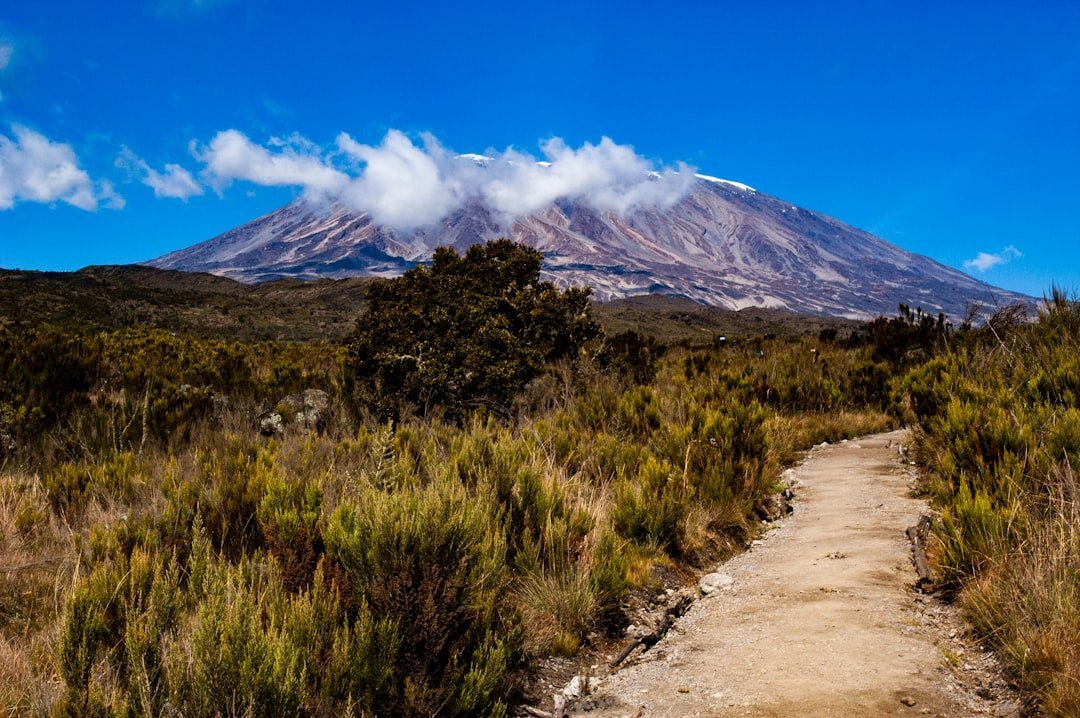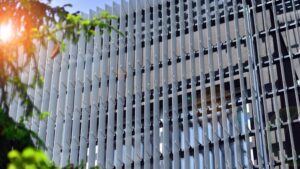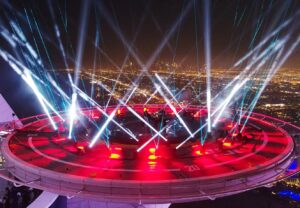
Mount Kilimanjaro, located in Tanzania, is one of the most sought-after mountain summits worldwide. At 19,341 feet above sea level, reaching Uhuru Peak requires careful planning, physical preparation, and mental determination. To increase your chances of success, follow these tips for a memorable and triumphant mount Kilimanjaro trekking tours experience.
Tip 1: Train properly:
Achieving optimal fitness prior to starting your Kilimanjaro journey significantly increases your likelihood of success. Focus on building cardiovascular endurance through activities such as running, swimming, cycling, or stair climbing. Additionally, incorporate strength training exercises targeting leg muscles, core, and upper body. Gradually increase intensity and duration over time, allowing adequate recovery between workouts.
Tip 2: Acclimatization matters:
Acclimatizing effectively to high altitude reduces the risk of developing life-threatening conditions like acute mountain sickness (AMS), high-altitude pulmonary edema (HAPE), and high-altitude cerebral edema (HACE). Choosing a longer route with more days dedicated to acclimatization improves your ability to adapt to changing atmospheric pressures and oxygen concentrations. Also, consider incorporating techniques like “climb high, sleep low” into your itinerary by ascending higher during the day but descending to lower elevations at night.
Tip 3: Stay hydrated:
Drinking plenty of fluids helps combat fatigue, regulates body temperature, and supports overall health throughout the trek. Consume at least three to four liters of water per day, ideally sipping continuously rather than gulping large amounts infrequently. Opt for rehydration solutions containing electrolytes to maintain proper fluid balance within cells while minimizing sodium loss via sweating.
Tip 4: Eat nutritious meals:
Consuming nutrient-dense foods provides sustained energy needed to steer rugged terrains and fluctuating weather patterns. Consider complex carbohydrates, lean proteins, healthy fats, fruits, and vegetables in your diet. During the trek, enjoy hearty meals provided by local guides and cooks, focusing on familiar dishes rich in calories and wholesome ingredients. Avoid excessive consumption of alcohol and caffeine, which contribute to dehydration and impaired sleep quality.
Tip 5: Wear appropriate gear:
Equip yourself with suitable clothing and footwear designed specifically for mountaineering expeditions. Invest in waterproof hiking boots offering ample ankle support and traction. Layer technical fabrics that wick away moisture, retain warmth, and protect against adverse weather elements. Don’t forget essential accessories such as hats, gloves, sunglasses, and trekking poles. Ensuring all equipment fits properly ensures maximum functionality and prevents discomfort or injury along the way.







